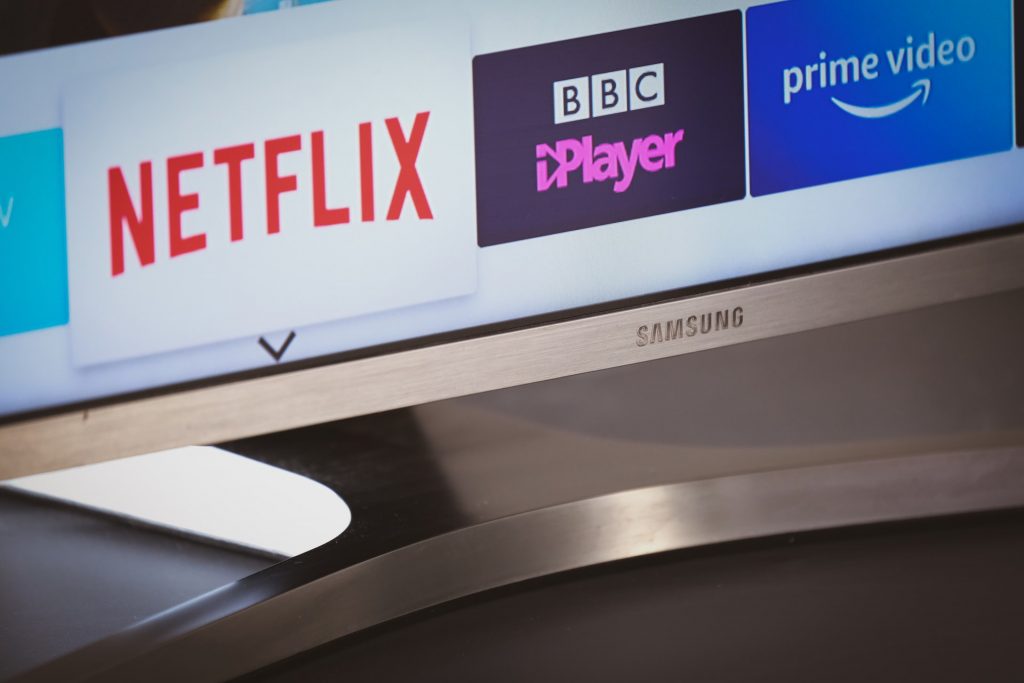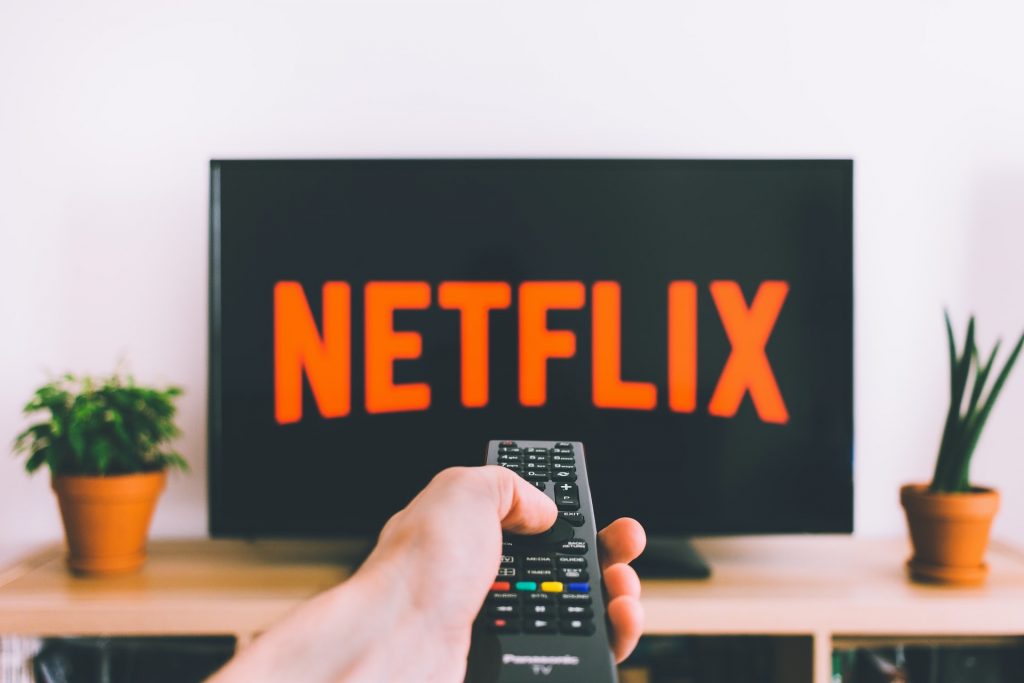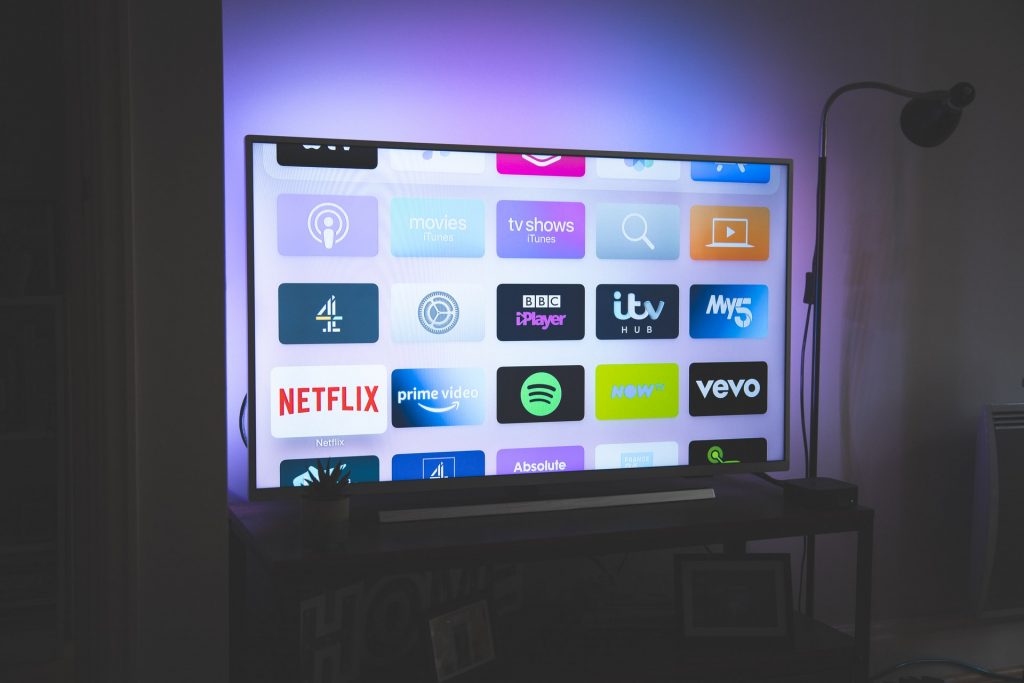 - minute read
- minute read

In the past, you needed a TV licence just for owning a telly. These days though, you don’t have to pay the annual fee if you only watch streaming services and certain channels on catch-up. In this guide, we’ve gone through when you do and don’t need a TV licence, how much they are, how to set up and pay for one, along with a handful of useful TV licence FAQs.
Having a TV licence allows you to legally watch all of the following:
So if you watch any of these, then you need a TV licence. Having a single TV licence lets you watch TV on multiple devices, including computers, laptops, tablets and smartphones. You still need a TV licence when watching any of the above on one of these other devices.
For more info, check out our guide on all the dos and don’ts when it comes to needing a TV licence.

There are still a few things you can watch without a TV licence. These include:

As of February 2022, the TV licence costs £159.00 for colour/live streaming per year for a single household. Quarterly, this will cost £39.75. Monthly, it’ll cost £13.25 and weekly it’ll cost £3.06 (the time frame you can choose depends on the payment method you select).
There are four main ways to pay for a TV licence. We’ve gone into each of these in more detail below.
Thankfully, there’s a much easier solution when it comes to sorting your TV licence and splitting bills in a shared house. Resooma Bills bundles all of your bills into one easy payment, including utilities, Wi-Fi and TV. We then equally split bills between you and your housemates, so there’s no need to worry about any awkward bill chats or having to chase housemates up for their share.
Rather than have multiple direct debits leaving your account each month, you’ll have just one bill to pay, with each housemate being responsible for their share. Managing bills can feel like a daunting task, which is where our shared bill packages come in useful. Let us handle the stress for you!
You can also follow our handy energy-saving tips to try and cut down on your bills going forward.
Your TV licence number is what TV Licencing uses to identify your account. In other words, it’s a customer reference number. When you move into a new home, you can quote your TV licence number to help TV Licencing update your address.
This number can be found on your bill/letter. We’d recommend hanging on to one of these documents in case you need to contact TV Licencing in the future (or provide your number as a reference).
When you move home (including when renting), you should let TV Licencing know. They can then update your details online. All they’ll need from your end is your last name, TV licence number and new/old postcode. You can update your details here.
The quickest and easiest way to renew your TV licence is by setting up a direct debit, as this means it’ll automatically renew. Alternatively, you can renew your TV licence online by visiting TV Licencing’s website. To renew, you’ll need to provide:
Don’t worry, it’s all very simple!
Here are the different ways to cancel your TV licence (depending on your payment method):
Just bear in mind that even if you aren’t watching live television, you might still need a TV licence – you need a TV licence to watch BBC iPlayer. You also need one when watching television through a different device like a phone or laptop. TV Licencing has said that less than 2% of people only watch catch-up TV and don’t use BBC iPlayer. So just double check that you definitely don’t need a licence first.
Once you’ve cancelled, you might then get a check from TV Licencing to see whether or not you actually do need a TV licence. These inspections tend to find that one in five households do. Not paying will have you run the risk of prosecution and a fine of up to £1,000.
You don’t need a TV licence for watching your favourite films and shows through streaming services such as Netflix, Amazon Prime TV and Disney+. You also don’t need a TV licence to watch catch-up TV (apart from BBC iPlayer) through services like ITV Player and All 4.

If you’re not planning on watching any live television or streaming any content through BBC iPlayer then no, you aren’t legally required to pay for a TV licence. Just bear in mind that playing live television through a different device – such as a laptop or mobile phone – is still something you’d need a TV licence for.
If this is the case for you, then let TV Licensing know so there’s no confusion on either end.
Already sorted your house but need to set up bills? We can help with this too – we set up and split utilities for you. Get a free quote for your utilities here.



All your utility bills in one monthly payment, split between housemates
Get a quote


All your utility bills in one monthly payment, split between housemates
Get a quoteFinding his article helpful? We’ve got plenty more helpful articles on there way. Join our Savvy Sunday mailing list